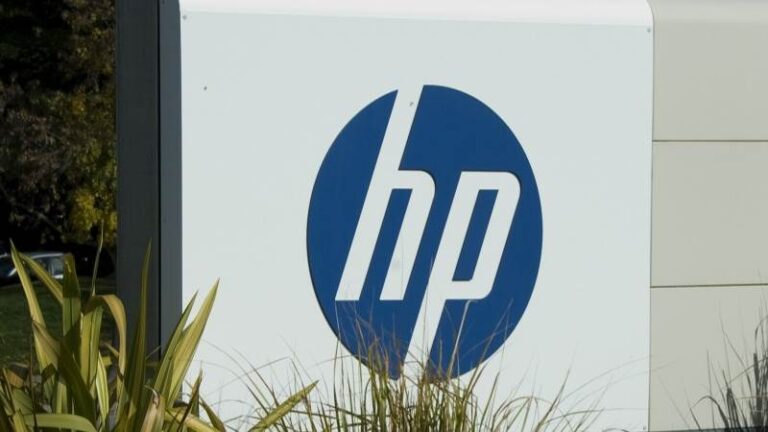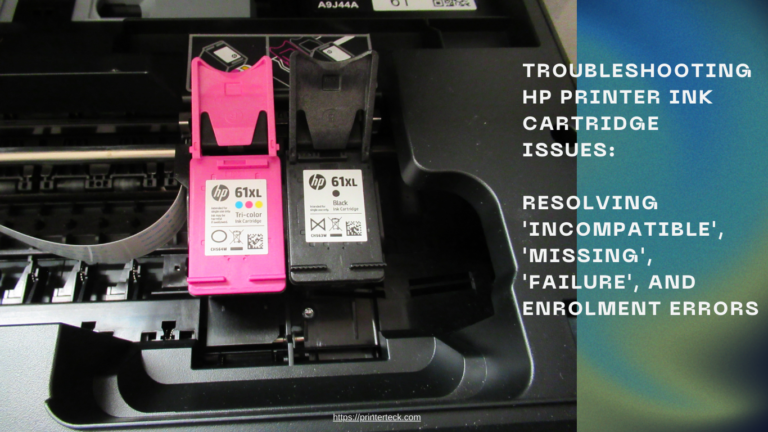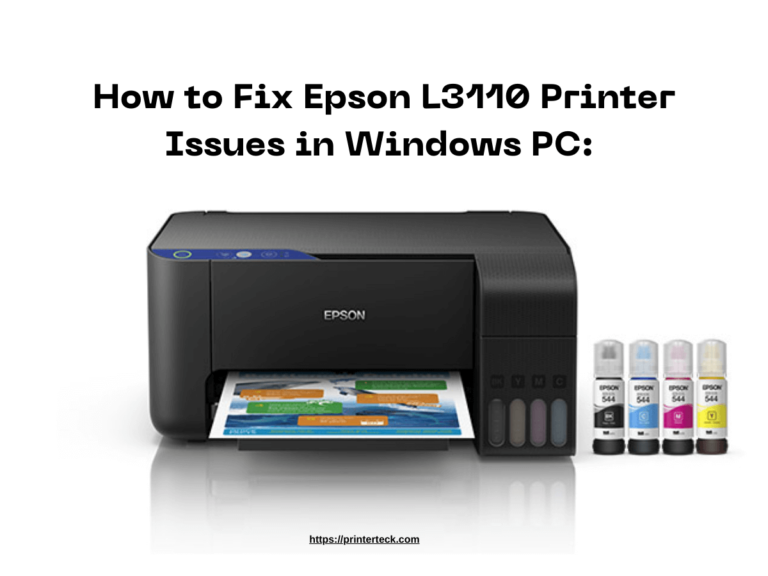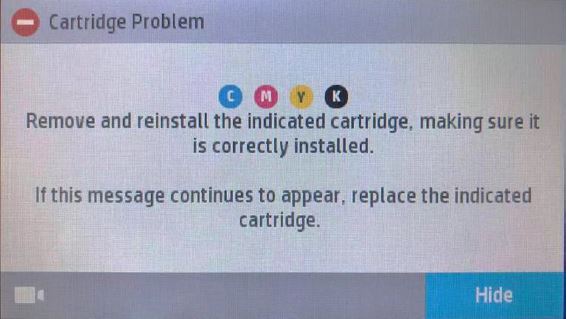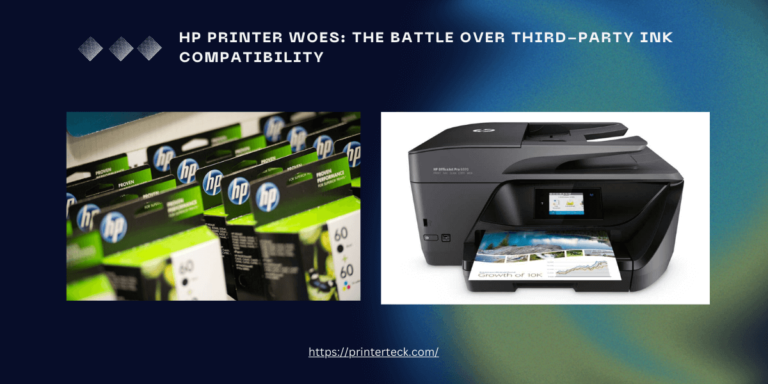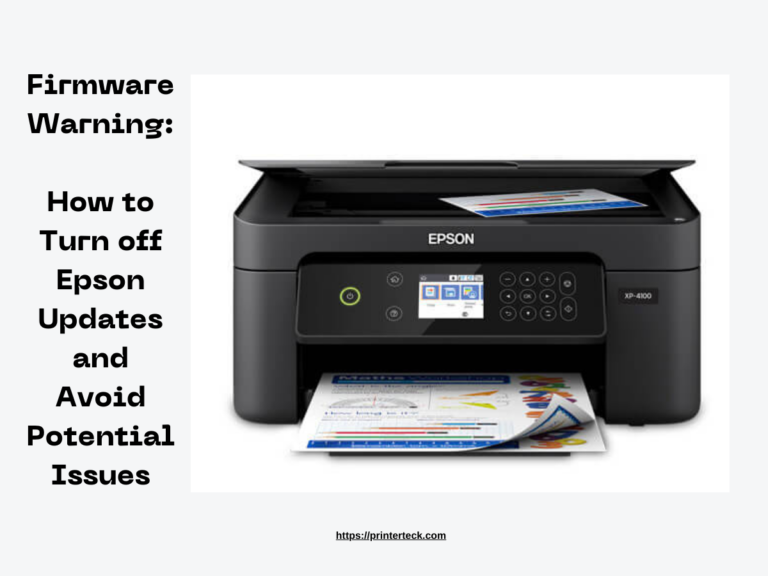HP Sued for Blocking Printers When Out of Ink: Understanding the Controversy
The world of printing technology is often marked by innovation and convenience. However, a recent controversy has emerged, shining a spotlight on a common woe for printer users – running out of ink. In a surprising turn of events, tech giant HP is facing legal action for allegedly blocking printers when they run out of ink. This article delves into the details of the lawsuit, the implications for users, and the broader discussions it has sparked within the printing community.
Quick Navigations
HP Sued for Blocking Printers
The Lawsuit: HP’s Alleged Practice
According to recent reports, HP is facing a lawsuit that accuses the company of implementing a practice that blocks certain printer functionalities when ink levels are low or depleted. The lawsuit claims that HP’s actions infringe upon users’ rights and create an unfair disadvantage by pushing them to purchase expensive original ink cartridges.
The Implications for Users
For many individuals and businesses, printers are essential tools for various tasks, from office documentation to personal projects. The lawsuit raises concerns about the inconvenience caused when printers cease to function due to low ink levels, effectively bringing tasks to a halt. Users find themselves in a position where they may be forced to purchase new cartridges even if they have third-party alternatives or unused ink left.
The Consumer Backlash and Industry Response
As news of the lawsuit spreads, consumers are expressing their frustration and disappointment with HP’s alleged actions. The incident has sparked conversations about the broader issue of printer manufacturers exerting control over the usage of their products, including the blocking of functions when using non-branded supplies.
In response to the controversy, industry experts are advocating for transparency, fair practices, and greater freedom of choice for consumers. The case against HP is fueling discussions about the need for standardized practices that ensure printer users can continue using their devices even when ink levels are low.
While the lawsuit unfolds, printer users can take a proactive approach to navigate the alleged ink-blocking controversy:
Regularly Check Ink Levels: Keep an eye on your printer’s ink levels to anticipate the need for replacements and avoid unexpected printing disruptions.
Explore Alternatives: Consider exploring third-party ink cartridges that may offer cost-effective solutions without relying solely on the manufacturer’s branded supplies.
Stay Informed: Stay updated on developments related to the lawsuit and any changes in printer manufacturers’ policies regarding ink levels and printer functionality.
The HP lawsuit sheds light on a growing concern in the printing industry – the balance between manufacturers’ control and users’ rights. As the legal battle unfolds, it underscores the importance of transparent and consumer-friendly practices within the technology sector. The outcome of this case could potentially influence how printer manufacturers approach ink levels, functionality restrictions, and consumer trust in the future.


